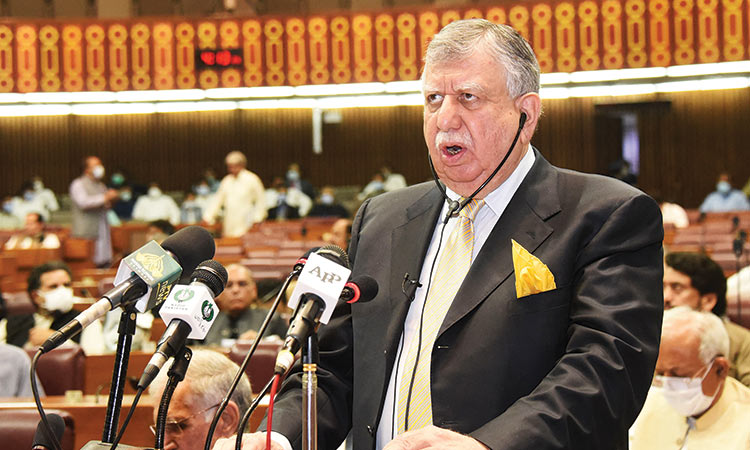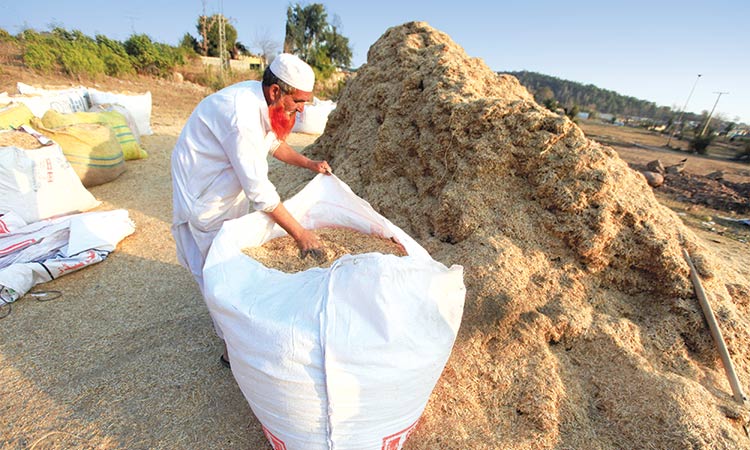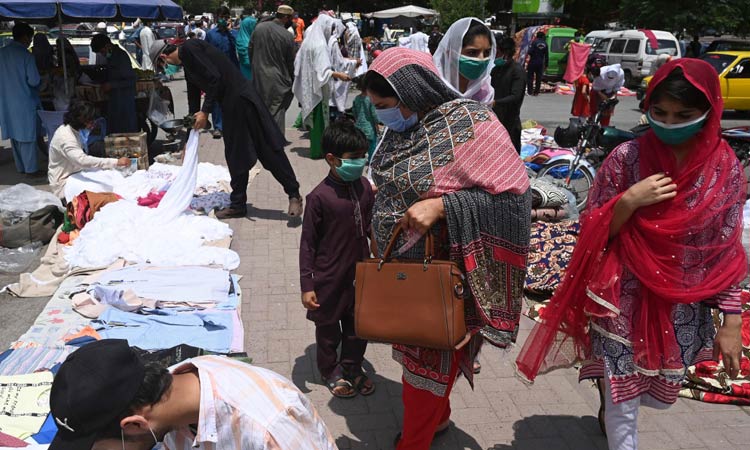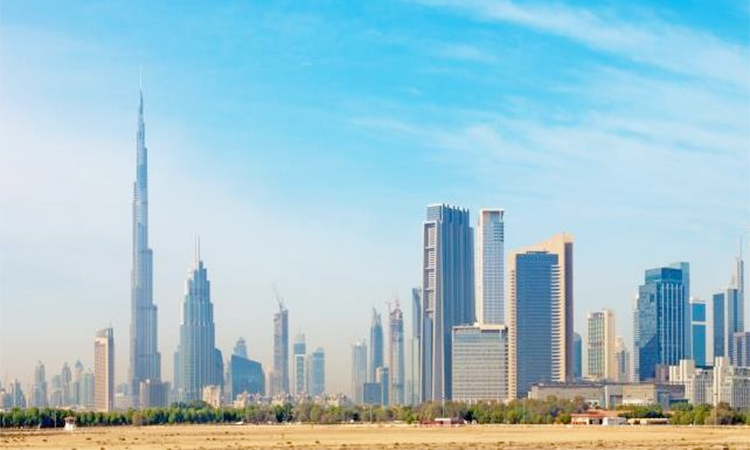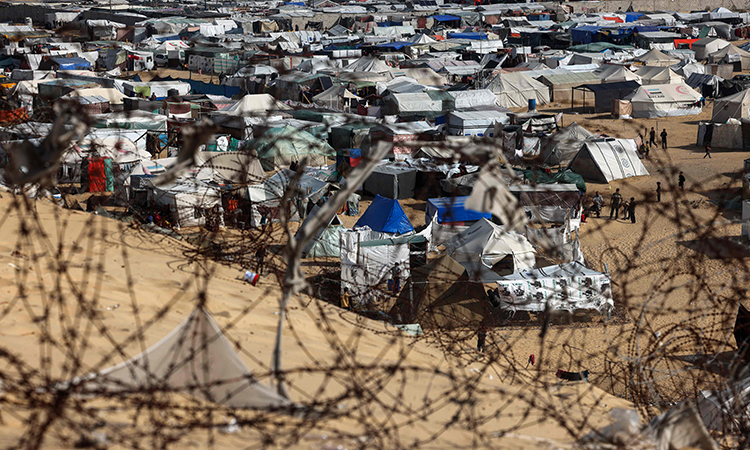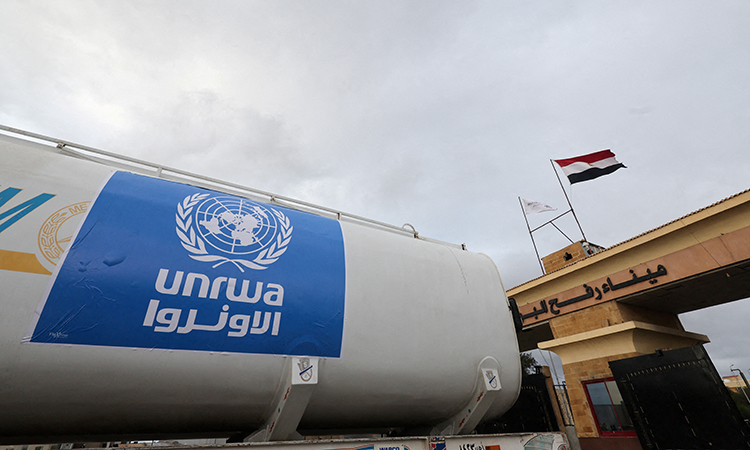Shahbaz returns to Pakistan ahead of national budget
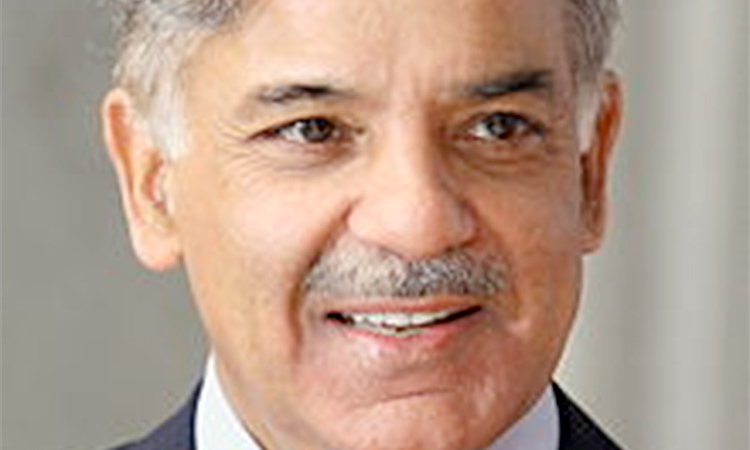
Shahbaz Sharif.
Leader of the opposition in the National Assembly Shahbaz Sharif returned to Pakistan on Sunday amid strict security arrangements and a large gathering of Pakistan Muslim League-Nawaz (PML-N) workers.
Shahbaz arrived at Lahore’s Allama Iqbal International Airport by Pakistan International Airlines flight PK-758.
In the form of a rally, party workers took him from the airport till his residence in Model Town, where sweets were distributed.
Ahead of Shahbaz’s arrival, a large number of PML-N party workers, members of parliament and leaders including PML-N secretary general Ahsan Iqbal, Amir Muqam and Pervez Malik reached the airport in the middle of the night.
As Shahbaz arrived, he was showered with rose petals and currency notes while workers chanted slogans.
Shahbaz had announced a “quick visit” to London on April 9 after his name was removed from the no-fly list on Lahore High Court orders. Party sources had said at the time that he intended to return within 10-12 days.
Shahbaz faces court cases regarding corruption and dishonesty. In the Ashiyana Housing scam, he is accused of ordering the cancellation of a contract given to successful bidder Chaudhry Latif and Sons for the low-cost housing scheme, which led to the award of the contract to Lahore Casa Developers, a proxy group of Paragon City Private Limited, resulting in a loss of Rs193 million.
In the Ramzan Sugar Mills corruption case, he and his son Hamza Shahbaz are accused of “fraudulently and dishonestly” causing a Rs213 million loss to the national exchequer.
Shahbaz said he is returning to Pakistan despite his doctors have recommended him further treatment.
He stated that he would hold a consultative meeting with senior members of his party upon his return.
Regarding federal budget for the financial year 2019-20, he said a strategy would be formulated in a meeting with other opposition parties.
“Government’s incompetent policies have put devastating consequences for the state’s economy, whereas our good intentions were mocked,” he held.
Meanwhile, Ahsan Iqbal stated that the non-serious government has posed a threat to national security.
Talking to media, Iqbal stated that the premier has “surrendered” Pakistan’s economic autonomy, while referring to the government’s deal with the International Monetary Fund (IMF) that it would unfold devastating consequences for the poor.
“The policies have just started to reveal ordeal of inflation, and the upcoming budget (for the financial year 2019-20) will bring about a “tsunami of inflation,” he said, adding that within ten months only, the burden of debt has increased by Rs3 trillion due to devaluation. The PML-N leader said now every Pakistani citizen owe an additional debt of Rs16,000.
Iqbal maintained that within the last ten months, every citizen has become poorer by 30 per cent, and the worth of Pakistan’s economy has reduced from the previous $315 billion to $260 billion.
Regarding unemployment in the country, he said more than 10 million people have become unemployed within the same period of time.
According to the Economic Survey. Pakistan’s economic growth in the financial year ending in June is expected to hit 3.3 per cent, well below the target of 6.3 per cent set by the previous government, as the government has failed to meet targets in nearly all sectors.
The Economic Survey of 2018-19 is scheduled to be officially released a day before the next year’s budget on June 11, but some of its details were published by media on Saturday.
It indicates that livestock is the only sector that grew by 4 per cent against the target of 3.8 per cent.
A sharp decline was witnessed in the industrial sector that registered a growth of 1.4 per cent against the target of 7.6 per cent despite the fact that power generation witnessed an increase as several power plants and other power sector projects were completed.
The service sector grew by 4.7 per cent against the target of 6.5 per cent, while the construction sector achieved the growth of 7.6 per cent against a 10 per cent target. As the agriculture sector grew by only 0.8 per cent against a 3.8 per cent target, the massive decline was mainly attributed to unfavourable weather conditions.
